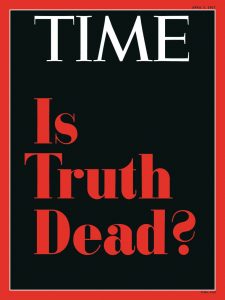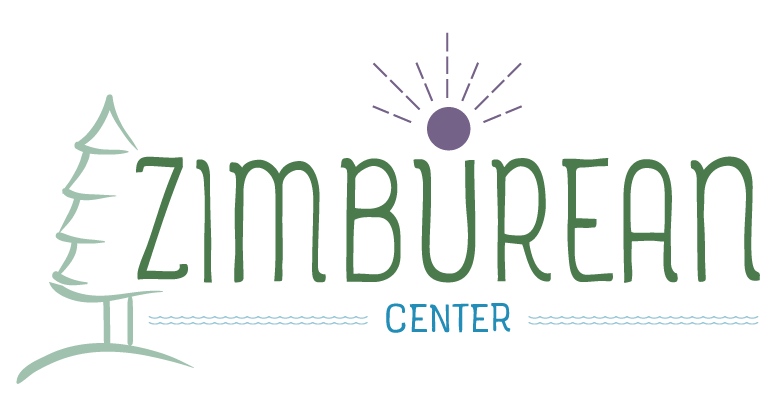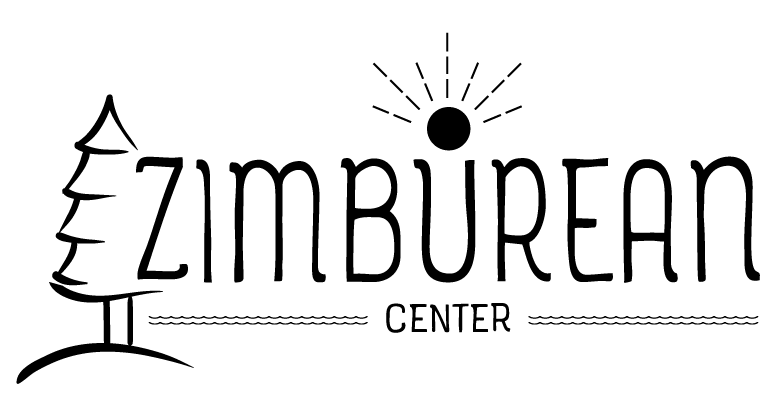01 Apr Post-Election Aftermath – The sad truth about Truth

Source: Time magazine
One of the reasons our country is in turmoil is our lack of a more refined and evolved definition of Truth. For the purpose of this discussion, Truth is defined as a set of ideals and values upon which honorable, responsible, and compassionate individuals can agree.
Right now, there is the idea that your truth is your truth and my truth is mine. Both of us are right, neither of us is wrong, in other words, “anything goes.” Then there is the view there is only one set of supreme truths that apply to everyone and everything, “I/we are right and know what’s best for everyone.” This latter view is quite often experienced as oppressive or domineering. But the former view is problematic as well.
Individuals and cultures both develop through stages, and what was considered valid or “true” at earlier stages gets refined as the individual or culture matures to the next level. One of the concepts often described in the evolution of consciousness, of both individuals and cultures, is that with each advancement to the next stage of development, what was previously true is transcended, and important aspects (“Truths” in this discussion) of previous stages are included with each advancement while other parts are left behind.
For example, at certain levels of development (e.g., where clans or families are most highly valued), one defends family regardless of circumstances. As one progresses to the next stage of development, he/she recognizes there are situations where family members are not the only priority and perhaps not even the highest priority. The importance of family and family members may be overridden by higher Truths, such as honesty, and racial equality.
One of the modern challenges regarding the concept of Truth has to do with the popular ideal that the values of all groups are to be respected, no matter what. Although this ideal is attractive in theory, its distortion in recent decades has resulted in the notion, either overtly or subtly, that there are no Truths that can be universally applied. It is not “politically correct,” even if done with respect and compassion, to point out that your skin is black and mine is white. Or, every child gets a trophy, because we can’t say that your daughter is better at math or sports than my son. The tragic result of this is the absence of any notion of what is True. If a more sophisticated (and perhaps complex) refinement of what honorable, responsible, and compassionate individuals can agree upon to be higher notions of Truth does not happen, then “anything goes.” But where does this leave us?
The sad and unfortunate consequence of this idea that “anything goes” is a regression to former notions of Truth that are often divisive, paternalistic, and oppressive. In all groups, there are those who are dishonest and greedy and will take unfair advantage of others for their own personal gain. There are also those, in all groups, who honor the ideals of honesty and fairness. It is, in our opinion, necessary for our culture to truly accept, with compassion and respect, all diverse groups, while embracing only those ideals that are born of honorable regard for the members of that group and members of other groups as well.
What is possible and needed is a dialogue that allows for the clarification of a more evolved and refined definition of Truth. In other words, how can we transcend the current divisiveness of “anything goes” and “my way is the only way”? These dialogues are imperative if our culture is to move forward in a way that respects the value of each individual, group, and our planet at large. We know this is possible and believe that individuals and groups who are genuinely interested in creating policies, practices, and opportunities that are authentically fair and honest will embrace discussions and efforts based on these ideals.
If this interests or intrigues you, please join us on April 15 for a presentation and dialogue. Please post below, or send comments and questions too.
Many of these concepts are discussed in Ken Wilber’s ebook entitled Trump and a Post-Truth World.



Sorry, the comment form is closed at this time.